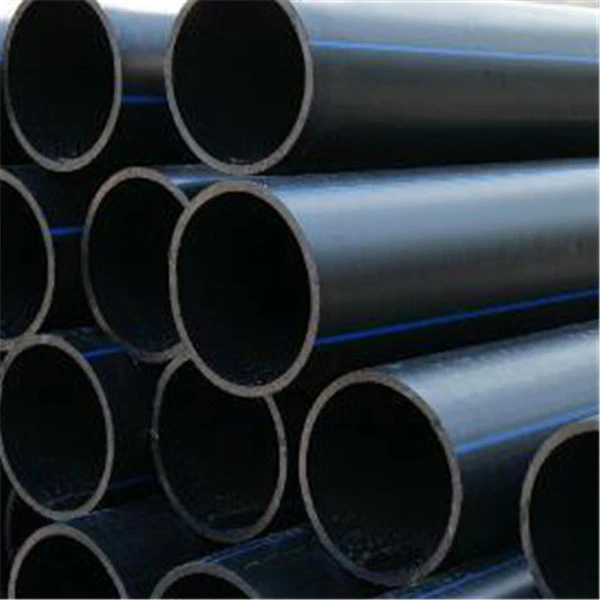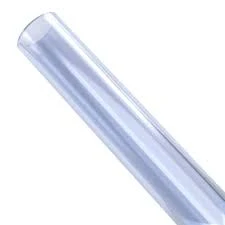Th1 . 14, 2025 09:43 Back to list
cpvc chemical pipe
CPVC chemical pipes have emerged as a vital component in various industries, providing a reliable solution for handling corrosive fluids and high-temperature applications. These pipes, known for their robustness and unique chemical properties, stand out from traditional piping materials, offering significant advantages to industries that require durability and chemical resistance.
Safety is another paramount feature bolstered by CPVC chemical pipes. In industries where handling toxic and highly reactive chemicals is routine, CPVC’s resistance to degradation minimizes risks associated with chemical leaks, safeguarding both workforce and the environment. Additionally, these pipes have low thermal conductivity, ensuring that even in high-temperature applications, the outer surface remains relatively cool and safe to touch. From an ecological and sustainability perspective, CPVC stands as a noteworthy contender. The production of CPVC pipes involves fewer energy resources compared to metal alternatives, leading to a lower carbon footprint. Furthermore, CPVC materials are recyclable, contributing to waste reduction and promoting sustainable practices within the industry. When considering the versatility of CPVC chemical pipes, it's evident they are suitable for both new developments and retrofitting existing systems. Their adaptability translates into billions of dollars saved worldwide through efficient performance and reduced installation, maintenance, and energy costs. In conclusion, the adoption of CPVC chemical pipes is a testament to their unmatched performance in demanding chemical environments. Industries opting for CPVC not only benefit from a product that meets stringent quality and durability standards but also contribute towards a sustainable future. With outstanding properties and economic advantages, CPVC chemical pipes continue to align with the principles of Experience, Expertise, Authoritativeness, and Trustworthiness, proving to be a resilient choice in an ever-evolving industrial landscape.


Safety is another paramount feature bolstered by CPVC chemical pipes. In industries where handling toxic and highly reactive chemicals is routine, CPVC’s resistance to degradation minimizes risks associated with chemical leaks, safeguarding both workforce and the environment. Additionally, these pipes have low thermal conductivity, ensuring that even in high-temperature applications, the outer surface remains relatively cool and safe to touch. From an ecological and sustainability perspective, CPVC stands as a noteworthy contender. The production of CPVC pipes involves fewer energy resources compared to metal alternatives, leading to a lower carbon footprint. Furthermore, CPVC materials are recyclable, contributing to waste reduction and promoting sustainable practices within the industry. When considering the versatility of CPVC chemical pipes, it's evident they are suitable for both new developments and retrofitting existing systems. Their adaptability translates into billions of dollars saved worldwide through efficient performance and reduced installation, maintenance, and energy costs. In conclusion, the adoption of CPVC chemical pipes is a testament to their unmatched performance in demanding chemical environments. Industries opting for CPVC not only benefit from a product that meets stringent quality and durability standards but also contribute towards a sustainable future. With outstanding properties and economic advantages, CPVC chemical pipes continue to align with the principles of Experience, Expertise, Authoritativeness, and Trustworthiness, proving to be a resilient choice in an ever-evolving industrial landscape.
Share:
Next:
Latest news
-
Durable PPR Pipe for Hot & Cold Water Systems - Easy Install
NewsAug.14,2025
-
Durable HDPE Sheet | Versatile & Impact-Resistant Plastic
NewsAug.13,2025
-
Premium PVC Soft Sheets: Clear, Flexible & Durable
NewsAug.12,2025
-
Premium PVC Round Rods: Durable, Chemical Resistant, Easy to Machine
NewsAug.11,2025
-
PP U-channel: Chemical-Resistant, Lightweight & Durable
NewsAug.10,2025
-
Transparent PVC Pipe: Clear Flexible Tubing for Fluids
NewsAug.09,2025

